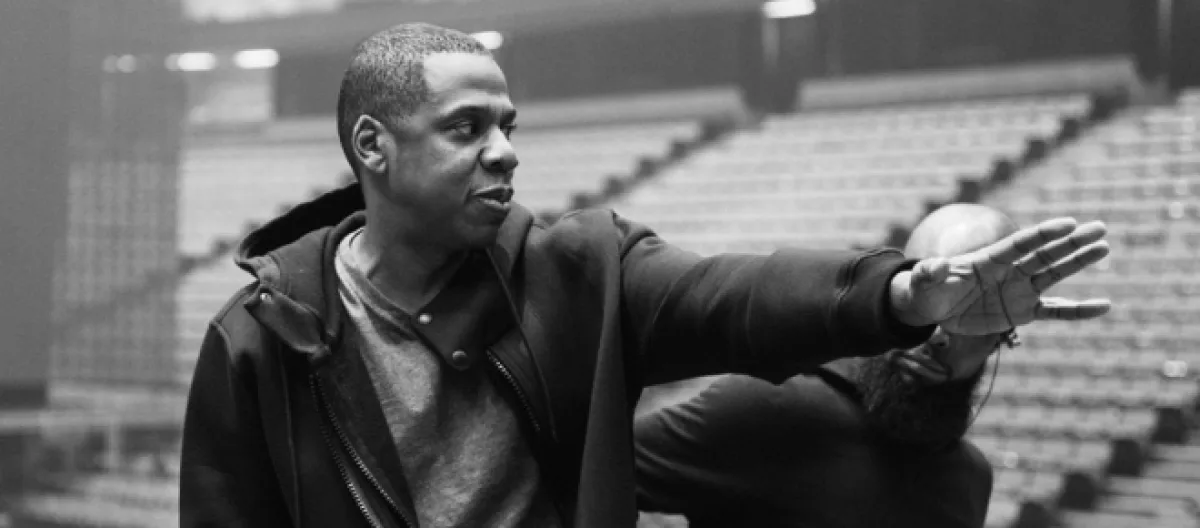Late last month, Brooklyn-born King Of Rap Jay-Z released his 14th studio album “4:44.” To no surprise, “4:44” snagged the number one spot on the Billboard top 200, selling millions of copies to eager fans all over the world. Per usual, the album did not disappoint, as these elated fans showed their love for Jigga on Snapchat, Facebook, Youtube, and other social media platforms throughout the week of its release.
Although Jay-Z is clearly no stranger to creative genius, “4:44” seems to be one of his most personal albums yet, as it cover every topic from fatherly love for his first daughter Blue Ivy and her new siblings, to an alleged “apology” to his wife Beyoncé Knowles-Carter and everything in between. Needless to say, J-Hova pulls on our heart strings in an unusually personal way that expresses some important pieces of his current state of mind.
'4:44' standout: The story of O.J.
After hearing “4:44,” I dub it as a masterpiece and have listened to the entire album a multitude of times since its debut.
Each song is truly great when listened to in an endless flow of complex rhyme schemes, heavy beats, and soothing melodies, but there is one song in particular that has become a standout given other recent news; that song is “The Story of O.J.” In this particular song, Jay-Z tells the story of what it is to be Black In America while simultaneously warning the Black community to keep striving for success no matter what obstacles we face. The lyrics begin with the line, “O.J. like, ‘I’m not Black, I’m O.J’... Okay” (Jay-Z, 2017), immediately referencing one of the most poignant public statements of Blackness to tell Jay’s story and emphasize his warning. In addition to the mesmerizing lyrics, “The Story of O.J.’s” accompanying black and white music video opens with a cartoon caricature of Jay-Z that is reminiscent of the Blackface caricatures of the 1940s such as "Little Black Sambo." Hova’s character (who by the way is named “Jaybo”) is complete with big lips, exaggerated features, and is first seen on screen eating a head-sized slice of watermelon.
Throughout the video, we encounter other similarly drawn characters of field slaves, house slaves, burlesque dancers, confederate flags, and even various scenes of these characters picking cotton and arriving as slaves to the United States.
Although this complicated piece of work is most likely to offend many audiences, it still touches on some extremely important issues within the Black community that are deeply embedded in our nation’s history. Jay himself has not had much to say on the single, but it is full of important references that the African American community still faces today. For example, referencing O.J.’s racial complex of trying to separate himself from the Black community as he became more and more famous throughout over the years and is a perfect example of one of these issues still rampant in 2017 for many Black individuals.
Being Black in America: The struggle
Overall, I believe that through this specific song, Jay-Z attempts to remind us that no matter what level of success we reach as Black Americans, we have to remember that in the eyes of this nation, we will always be just that; Black. This may sound pessimistic, but the bright side is that while it is necessary to understand we systemically will rarely have a “leg up” when facing obstacles in our paths as minorities, it is crucial to celebrate our success and know that we can leap over any hurdle that comes our way regardless of how high they might be. In a nutshell, I would highly recommend everyone to take a moment to listen to "4:44," but take a careful listen to "The Story of O.J.," as this is the story of what it means to be Black in America and Hov tells it well.

